MYOPIA
Our practice offers myopia management, a treatment program prescribed to slow down the progression of myopia. Click here to schedule your specialized myopia evaluation.
Myopia is a refractive condition that causes poor long-distance vision. In myopic eyes, the eyeball is either longer than normal, or the cornea is too curved, causing objects far away to appear blurry.
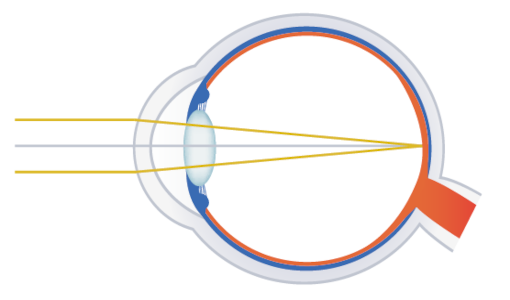
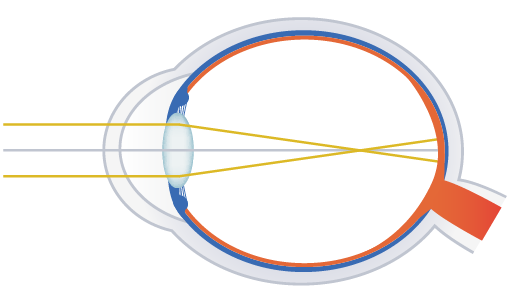
Myopia can cause painful symptoms, such as headaches, eye strain, and eye fatigue. Myopia also affects one’s daily activities and school performance, as it diminishes the ability to read and decipher distant objects.
The Progression of Myopia
It's estimated that one-third of the world's population is myopic, and the prevalence of myopia is on the rise. There are several possible reasons for the increase in myopia.
By the time they reach adolescence, 30% of children will be myopic.
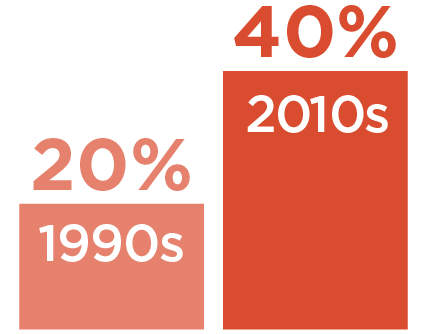
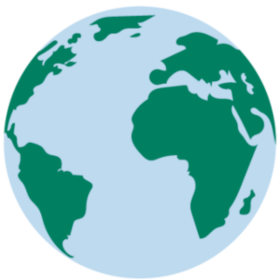
Increased visual demand from near-work activities (such as computer work, reading, and video games) causes additional eye strain. There’s also been a decline in time spent outdoors, where the eyes can normally relax
Myopia Risk Factors
Myopia typically develops in childhood and worsens over time. As the condition progresses, your child may start to complain of headaches or eyestrain.
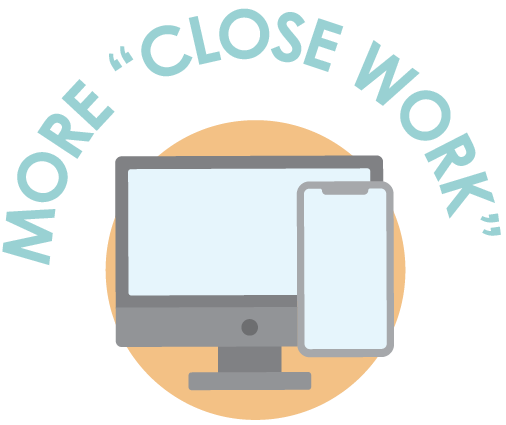
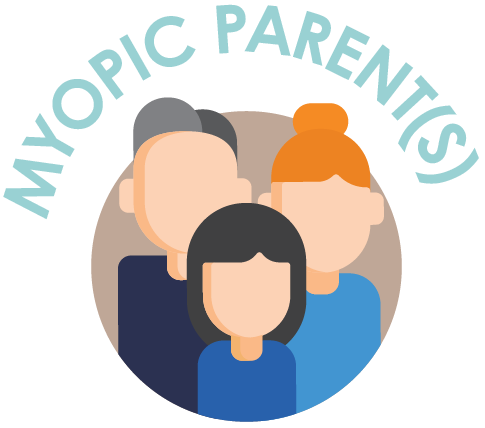

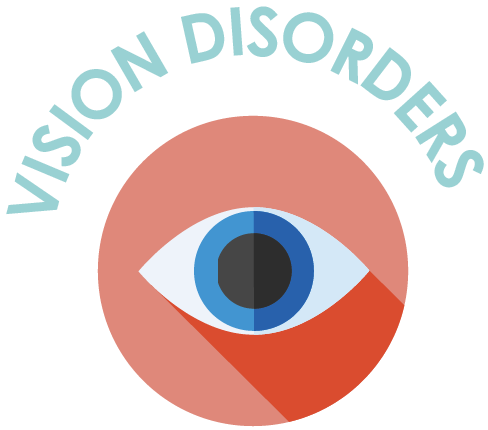
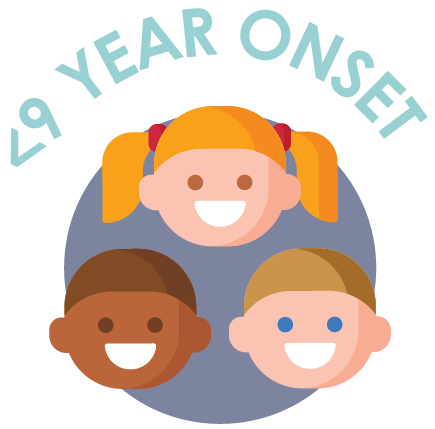
Myopia can also cause difficulties with schoolwork or other activities that require good distance vision. In severe cases, myopia can lead to eye health problems, such as cataracts, maculopathy, glaucoma, or retinal detachment, all of which can lead to vision loss. Vision loss secondary to cataracts and retinal detachment may be reversible, but vision lost to maculopathy or glaucoma is not able to be recovered.
Myopia Management
Traditional eyeglasses and contact lenses help provide clear vision to those who are myopic but have no effect on its rate of progression. Slowing the progression requires specialized intervention.
There are several treatment options for myopia, including eye drops, specialty contact lenses, or glasses. With early diagnosis and treatment, most people with myopia can achieve good vision with a myopia management program.
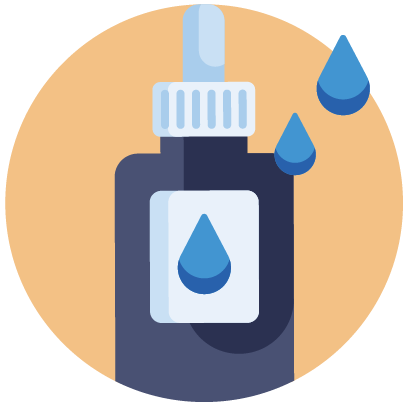
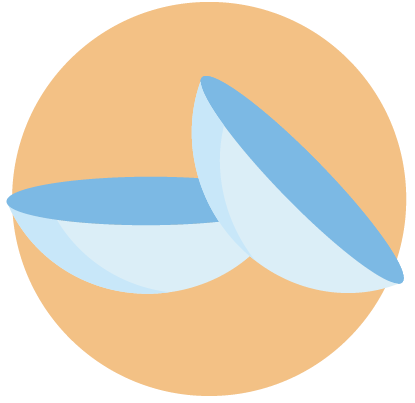
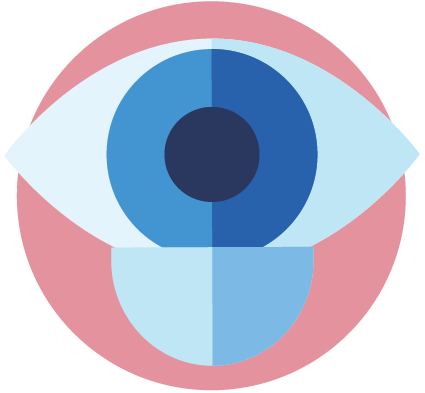
Myopia Questionnaire
Are you concerned about your child needing myopia management? Here are a few questions to ask yourself if you believe your child could benefit from a myopia management program:
- Is your child myopic (Needs glasses or contact lenses to see clearly at a distance)? Onset of myopia at a younger age leads to higher risk of developing high myopia.
- Is an immediate family member (father, mother, or sibling) myopic? (select YES even if that family member has had LASIK or another refractive surgery procedure for myopia) Research shows that the risk of myopia is greater if an immediate family member is myopic.
- Does your child spend more than 2 hours/day (outside of school) doing near work (reading, using an electronic device and/or computer, etc.)? Myopic progression can be caused by extended amounts of near work.
- Does your child spend less than 2 hours/day outdoors, including school recess/breaks? Increasingly, research suggests that spending time outdoors can help prevent development and progression of myopia.
If you answered “yes” to any of these questions, your child may be at risk of progressive myopia.
Schedule Myopia Evaluation
If you would like to receive a specialized myopia evaluation, please call us at or email at info@AdvancedFamilyVisionCare.com. Make sure to let our receptionist know that you are calling to schedule specialized myopia evaluation.
If you notice your child is having trouble seeing the blackboard at school or objects in the distance, contact us today to schedule an appointment. Our myopia management program is designed to slow down progression of myopia. Treating myopia as quickly as possible can help to reduce your child’s chances of developing a serious eye condition that can threaten their ability to see the world around them. We will work with you and your child to create a personalized treatment plan that meets their individual needs. Contact us today to learn more about our myopia management program.

Your child's best eye care begins early. Even if no eye or vision problems are apparent, the American Optometric Association recommends scheduling eye examinations for your child at ages 1, 3 and 5.
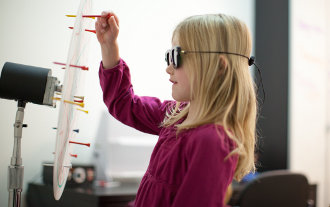
Did you know that 1 in 4 children has a vision problem that affects learning, and that vision problems involving eye movement and focus can often mimic ADD/ ADHD-like behaviors? In many of these cases Vision Therapy can help improve visual function.
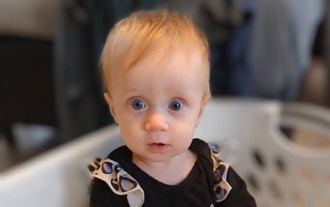
InfantSEE is a program that provides free eye exams for infants age 6 to 12 months.
- Monday: 9:00AM - 6:00PM
- Tuesday: 9:00AM - 6:00PM
- Wednesday: 9:00AM - 6:00PM
- Thursday: 9:00AM - 6:00PM
- Friday: 9:00AM - 2:00PM
- Saturday: CLOSED
- Sunday: CLOSED
